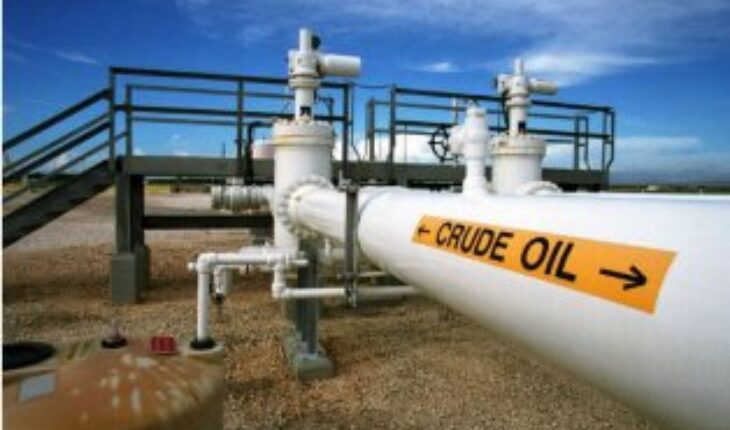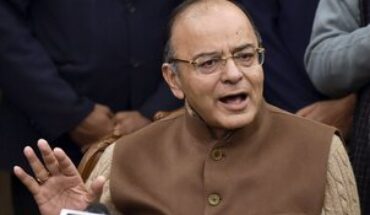Doha: A meeting of oil-rich countries in Qatar that had been expected to boost crude prices by freezing production fell apart as Iran stayed home and vowed to increase its output despite threats by Saudi Arabia.
Oil prices, which hit a 12-year low in January by dipping under USD 30 a barrel, had risen above USD 40 in recent days, buoyed by the bullish talks surrounding the Doha summit.
But instead of a quick approval of a production freeze, the meeting of 18 oil-producing nations saw hours of debate and resembled the dysfunction of an unsuccessful meeting of the Organization of the Petroleum Exporting Countries in December that sent oil prices tumbling. The fact that producers couldn’t agree to a freeze, let alone a production cut, likely means oil prices will drop again as markets open today. “Prices will trade lower. Maybe sharply lower,” said Robert Yawger, director of energy futures at Mizuho Securities USA, noting the failure to reach agreement in Doha. He noted that other factors were negatively impacting prices: US crude oil storage remaining at all -time highs, Iran increasing production, and Libya looming on the horizon to boost output. Speaking to journalists after the summit, Mohammed bin Saleh al-Sada, Qatar’s energy and industry minister, tried to say the lack of a decision showed officials believed “the fundamentals of the market are generally improving.” However, he largely dodged the questions about whether another special summit will be called before OPEC’s next meeting in June and whether Iran had anything to do with the breakdown of the talks. “We of course respect their position and … we still don’t know how the future will unroll but it was a sovereign decision by Iran,” said al-Sada, who is serving as OPEC’s president. “The freeze could be more effective definitely if major producers, be it from OPEC members like Iran and others, as well as non-OPEC members, are included in the freeze.” Sunday’s gathering grew out of a surprise Doha meeting in February between Qatar, Russia, Saudi Arabia and Venezuela, in which they pledged to cap their crude output at January levels if other producers did the same. The idea of a freeze and not a cut initially looked more palatable to producers already suffering after oil’s dramatic fall since the summer of 2014, when prices were above 100 a barrel. Production continues to rise as countries try to make up the difference. Ahead of Sunday’s meeting, Iraq boosted its production to record territory of over 4 million barrels a day in March, and Kuwait pumped 3 million barrels a day with hopes of reaching 4 million a day by 2020. — PTI






